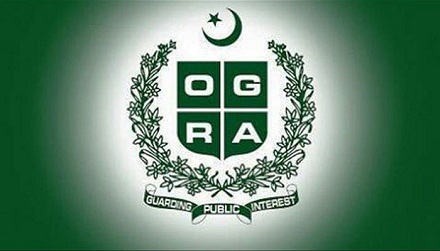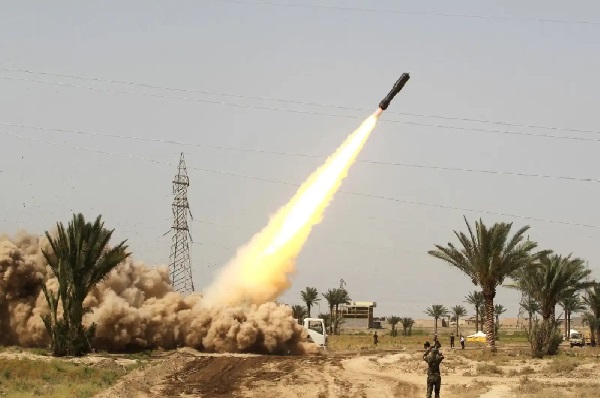Sustainable architecture is a design approach that seeks to minimize buildings' negative environmental impact by maximizing efficiency and moderation
ISLAMABAD: The Oil and Gas Regulatory Authority (Ogra) has urged the public representatives and government to come up with policy guidelines for competition-based development and expansion of national grid and new residential gas connection in view of the expiry of monopoly of the two gas companies — Sui Northern Gas Pipelines Limited and Sui Southern Gas Company Limited.
“Please be advised that exclusivity of the gas companies to operate in franchise areas is no longer valid and hence new development schemes are to be awarded on a competitive basis,” Ogra wrote to the National Assembly’s Standing Committee on Energy (Petroleum Division).
The exclusivity of SNGPL and SSGC is reported to have come to an end about 10 years ago.
In the letter, which has also been sent to the attorney general, ministries of energy, law and justice and planning and development, the NA speaker and a host of stakeholders, Ogra demanded that the gas companies be made to ensure completion of already approved network development plan and new gas connections already funded by the consumers through tariff instead of pressing the regulator to burden the consumers with imprudent costs of unreasonable targets.
Besides, the regulator said, the federal cabinet had authorised its subcommittee to approve new gas schemes and 300 applications of consumers per village or new locality falling under the area of gas development scheme against the savings available with the gas utilities from the previous schemes commissioned after April 13, 2021.
Along with a record of past five years, Ogra reported to the chairman of the NA Standing Committee on Energy that the performance of SNGPL against target in terms of development plan and new gas connections stood at 67 per cent and 77pc, respectively.
Ogra explained that it was mandated by the law and obligated to determine the annual revenue requirement to arrive at prescribed consumer prices for each year, which was the sum total of operating expenditure of the company, return on its fixed assets, etc. The regulator said it had a legal responsibility to thoroughly examine each claim of the companies on the touchstone of prudence and rationality to allow only justified expenditures.
It said SNGPL was giving an impression that until next year budget was approved by Ogra, new and ongoing gas development projects could not be executed. “In reality, budget of the gas companies and priority of individual projects of constituencies is decided by the relevant management and boards [of directors of gas companies]. Hence there is absolutely no justification to leave the projects halfway after getting all the approvals and funds for the same,” Ogra said.
Moreover, the regulator insisted that gas utility companies being the executing agencies were responsible to undertake gas distribution development schemes. The prevailing process for approval of such schemes includes proposal submission by gas companies to the Ministry of Energy and subsequent approval by the Steering Committee on Sustainable Development Goal Achievement Programme (SAP).
“Umbrella approval by Ogra is limited to overall budgeted capital expenditure, without any details of the individual schemes to be executed,” the regulator said.
Ogra said it had been allowing 100pc distribution expansion plans demanded by SNGPL whose achievement stood at 48pc and 59pc in FY2015-16 and FY2016-17, respectively, which went past 103pc in FY2017-18 — the terminal year of the PML-N government. Over the following two fiscal years of the PTI government, the company again fumbled and achieved 74pc and 48pc of the targets.
On the other hand, a gas sector official said the percentages of completion of distribution network and new connections arose out of delay in issuance of decisions on estimated revenue requirements (ERR). He said the timeline of Ogra decisions was intended to allow sufficient procurement and operations time to the utility companies for gearing up to meet the targets of next financial year.
However, the regulator’s decisions on ERR in some instances have come as late as December of the corresponding relevant fiscal year instead of 40 days before the start of the financial year which leaves little time for the companies to go into extended procurement processes and meet the operational targets. Also, some delays have been caused in the recent past because of global disruption due to Covid-19, the official explained.
You May Also Like
ISLAMABAD: The ruling Pakistan Muslim League Nawaz (PMLN) emerged victorious on most seats in the by-elections, according to
SYRIA: Rockets were fired late Sunday from northern Iraq at a military base in Syria housing a US-led coalition, according to Iraqi security






